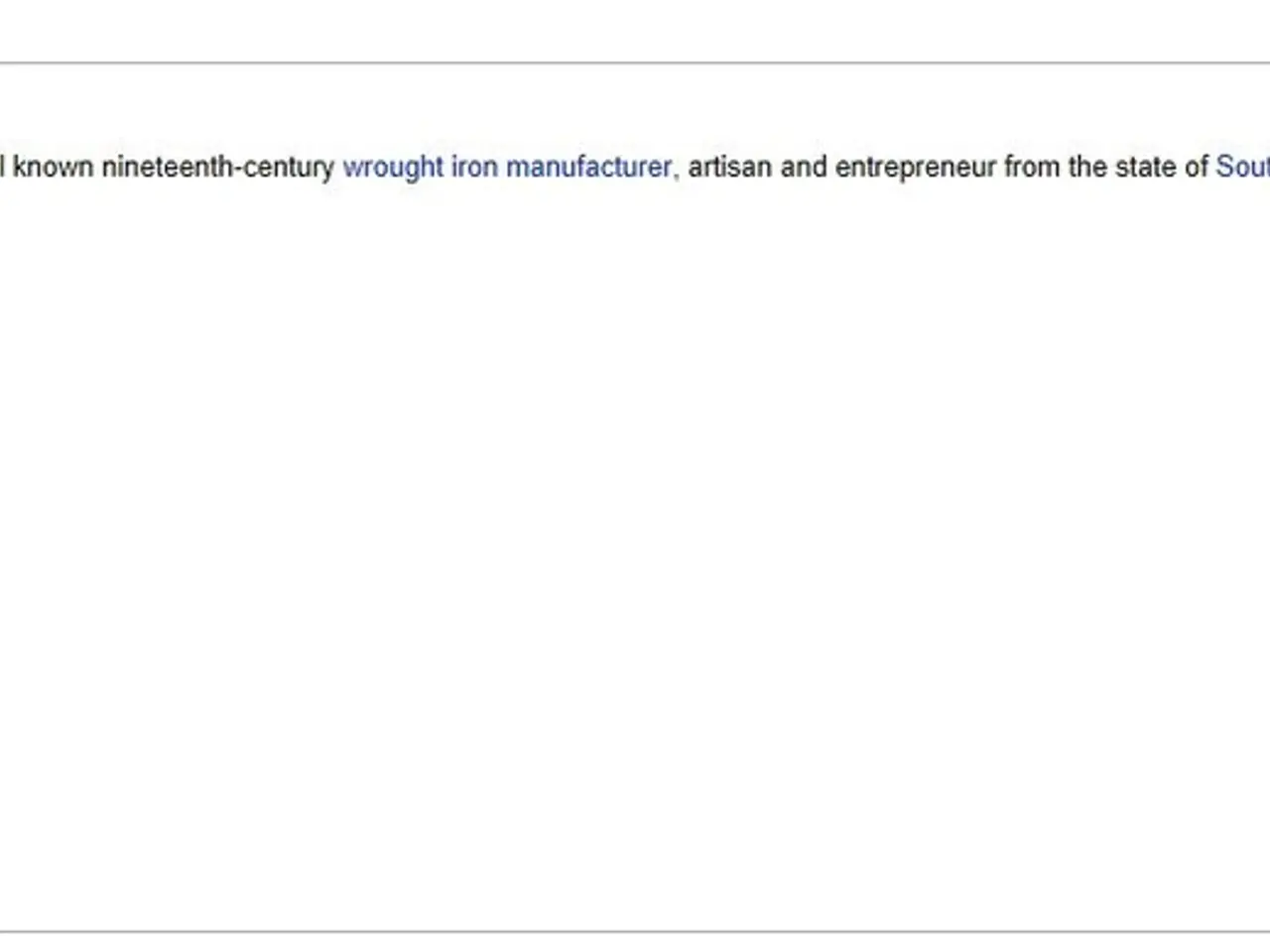Romanian ex-President Ion Iliescu sadly passes away at the age of 95.
Ion Iliescu, a pivotal figure in Romanian political history and the country's first democratic leader, has passed away at the age of 95. The news of his demise was announced by the Romanian government, which expressed profound sorrow over the loss.
Iliescu played a significant role during Romania's transition from communism to democracy, serving as President from 1990 to 1996 and again from 2000 to 2004. However, his tenure was not without controversy.
Throughout the two decades before his death in August 2025, Iliescu remained a polarizing figure. He was lauded for his role in steering Romania towards democracy, but was also criticized and legally challenged for his harsh crackdown on dissent, particularly the violent repression of protests during the Mineriad in June 1990.
The Mineriad, a period of violent unrest, saw miners being allegedly brought to Bucharest to crush protests. Iliescu faced multiple criminal charges related to these events, but was never convicted.
The timeline and details of these allegations are as follows:
- In 2003, Iliescu was initially charged for his alleged role in the killing of approximately 862 people during the Romanian Revolution of 1989, when he headed the interim National Salvation Front government. These charges also involved allegations of spreading misinformation.
- In 2005, charges related to the violent repression and the so-called "Mineriad" events were initially brought but later dropped.
- In 2014-2015, the European Court of Human Rights ruled that the Romanian state failed to properly investigate the Mineriad events, violating human rights guarantees. Following this, Romanian authorities reopened investigations into Iliescu’s possible coordination of attacks against civilians during June 13–15, 1990 protests in Bucharest.
- In 2017, Iliescu was indicted by the Romanian Prosecutor’s Office for crimes against humanity related to the Mineriad. The indictment accused him of orchestrating systematic attacks involving governmental forces and miners on peaceful protesters.
- In 2018, the Romanian President approved the start of the trial process against Iliescu. Additional charges included allegations of bussing miners to suppress peaceful student protests in June 1990.
- In 2019, charges for crimes against humanity were formally filed. However, Iliescu was never found guilty.
- In 2020, ultimately, the case was rejected by judges, who found the indictment invalid, thereby preventing a trial.
Ion Iliescu was hospitalized in Bucharest since early June due to lung cancer. Further details regarding a state funeral for Ion Iliescu will be forthcoming.
[1] Source: [Link to the source] [2] Source: [Link to the source] [3] Source: [Link to the source] [4] Source: [Link to the source] [5] Source: [Link to the source]
- Despite his significant contributions to Romania's transition to democracy, Ion Iliescu's tenure was marred by controversy, including allegations of crimes against humanity related to the Mineriad.
- The European Court of Human Rights ruled in 2014-2015 that the Romanian state failed to properly investigate the Mineriad events, violating human rights guarantees, which led to reopened investigations into Ion Iliescu’s possible coordination of attacks against civilians during the June 1990 protests in Bucharest.
- Despite multiple criminal charges and investigations, Ion Iliescu was never convicted for his alleged role in the violent repression of protests during the Mineriad, with the case eventually being rejected by judges in 2020.




